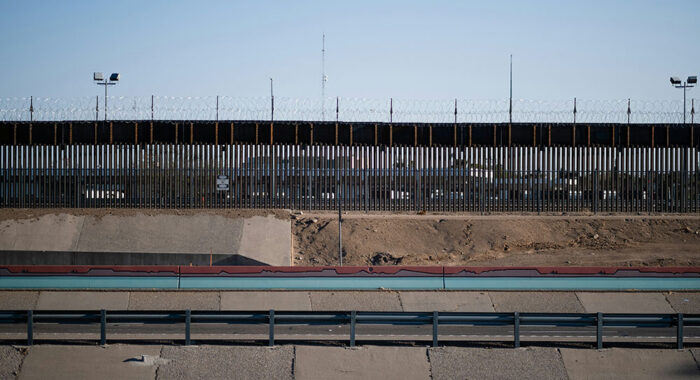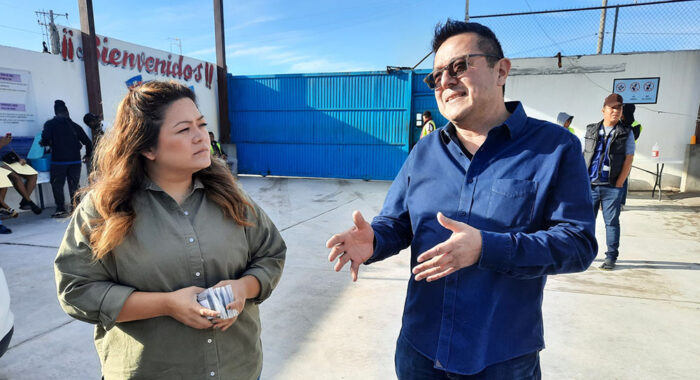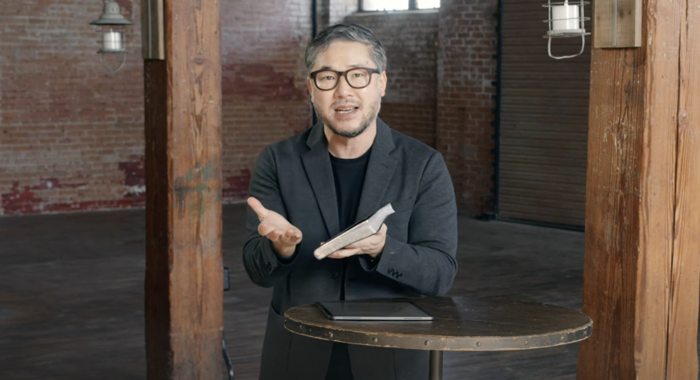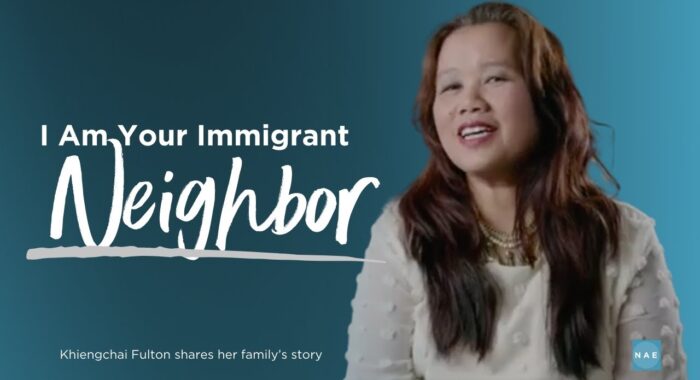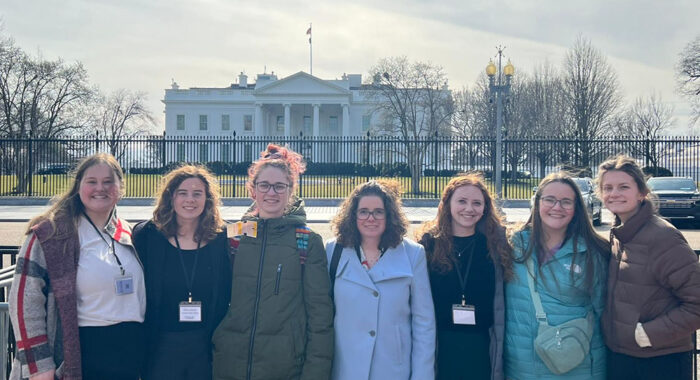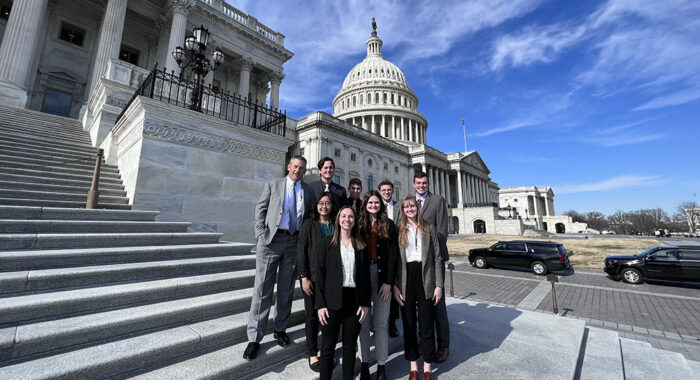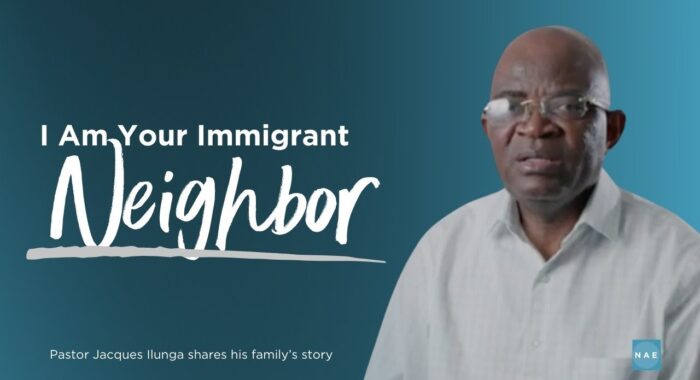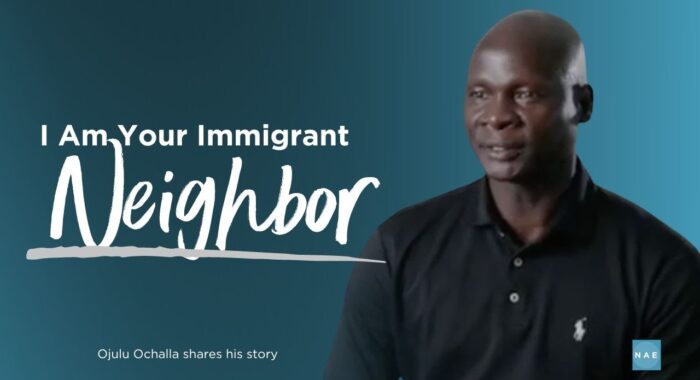Stephan Bauman is president and CEO of World Relief, the relief and development arm of the NAE. His pursuit of justice led him to transition from a successful career in the Fortune 100 sector to Africa where he directed relief and development programs for nearly a decade before returning to the United States to lead World Relief’s global operations. Bauman holds degrees from Johns Hopkins University, Wheaton College and the University of Wisconsin.
President Obama’s second term brings new political opportunities to press issues affecting the most vulnerable around the world and in the United States. There has been a growing consensus within the evangelical community that immigration reform is a moral crisis that necessitates political courage and action to change laws.
The changing demographics of the United States and its impact on politics present stark realities to both parties. Senate Majority Leader Harry Reid and House Speaker John Boehner spoke out quickly after the November election to support comprehensive measures, but it will take concerted leadership from President Obama to work out a bipartisan solution. Immigration may be the issue through which Americans’ confidence in the political process can be restored. 2013 is the year for immigration reform.
President Obama also has an opportunity to make fighting human trafficking his signature issue in the White House. Speaking at the Clinton Global Initiative this fall, the president highlighted steps his administration has taken and the good work of faith communities, including World Relief, in tackling human trafficking. The president must work to make anti-trafficking efforts robust and consistent across all administrative departments and to provide more funding to anti-trafficking partners. President Obama should bring anti-trafficking agencies together, including law enforcement agencies, NGOs and service providers, in a national summit to discuss ongoing issues, highlight good practices and coordinate efforts.
There are other human rights issues the president should address, including maintaining a robust refugee resettlement program, addressing terrorism-related inadmissibility grounds that needlessly affect refugees and asylum-seekers, protecting civilians in conflict-ridden areas such as the eastern Democratic Republic of Congo and Sudan, and more.
This article originally appeared in the NAE Insight.



 View All Articles
View All Articles 







